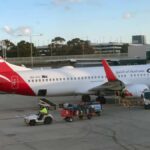
QANTAS: Says ‘NO’ to passenger compensation for delays and cancellations in submission to Aviation white paper
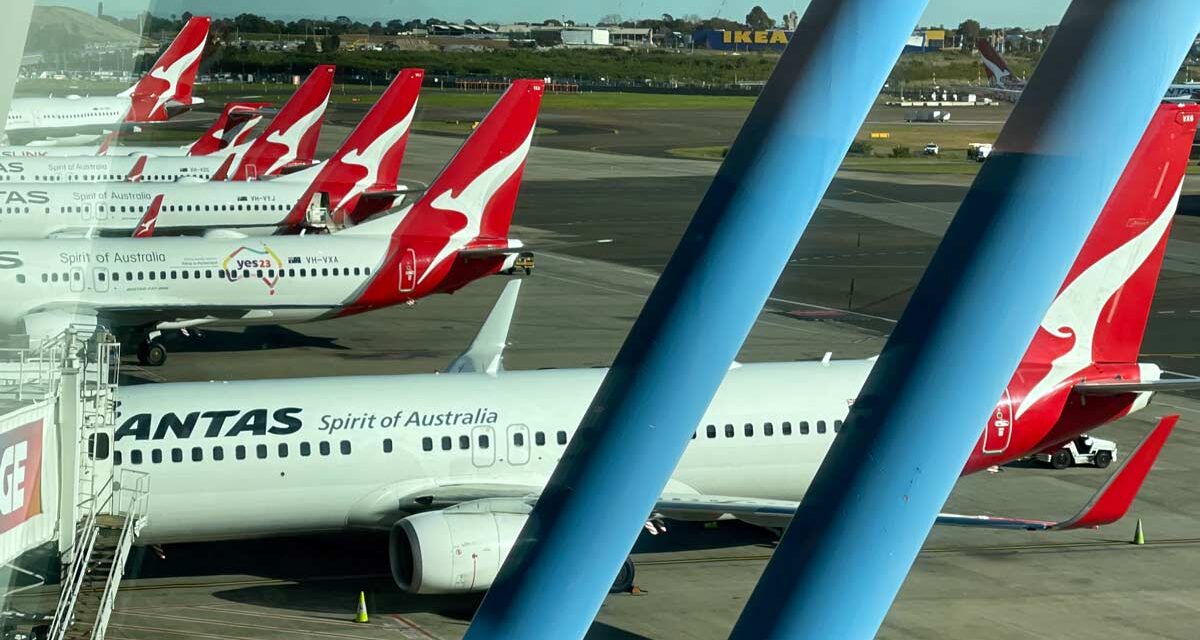
Qantas has released its response to the Australian Government’s Green Paper, and it doesn’t see the need for passenger compensation for delays and cancellations. Knock me over with a feather!
Qantas argues that offering such compensation would only increase fares, and make some routes unfinancial.
![Qantas B737-800 aircraft at Sydney Airport October 2023 [Schuetz/2PAXfly]](https://www.2paxfly.com/wp-content/uploads/2023/10/Qantas-737-Sydney-Airport-October-2023-IMG_0606.jpg)
Content of this Post:
Background to the Green paper/White paper
Compensation for airline travellers suffering delays or cancellations became an issue during COVID-19. It started when travellers had to cancel trips due to COVID-19 travel restrictions and border closures. It only got worse as Australian air services recommenced.
Qantas and Virgin appeared to be ridiculously badly prepared regarding staffing, systems, backup and security. Things did not go well.
Initially, security – the responsibility of airports – was short-staffed, but it soon became obvious that other areas, from baggage handlers to cabin crew and pilots, were also in short supply.
Some of that was due to COVID – more people got sick than the airlines and airports predicted. Some of the difficulties were linked to the number of people airlines had laid off during the pandemic. But some were just bad contingency planning. Not enough staff held on standby. Not enough aircraft and spare parts to meet planned schedules.
Anyway, the public chaos all that caused made consumers and their representative bodies review what travellers were entitled to and under what circumstances.
![Qantas Melbourne First Lounge. Departures flip board. [Schuetz/2PAXfly]](https://www.2paxfly.com/wp-content/uploads/2023/08/Qantas-Melbourne-First-Lounge-IMG_4085-1.jpg)
Green paper / White paper
As a result, the Australian Government is reviewing parts of its approach to air transport regulation via the traditional Westminster-derived policy development system of Green paper and White papers
Shephard and Wedderburn – lawyers
- In a policy timeline, the Green Paper is the first step towards legislation. Its purpose is to create debate on policy without actually committing to any specific action. Stakeholders and the public will be invited to comment on the Green Paper. Each Green Paper will contain several alternative policies, which will be discussed before a final decision is made.
- A White Paper is a more authoritative report and is seen as a statement of government policy. A White Paper may also consult the public and stakeholders on policy, it does signify clear intention on the part of the Government to pass a law.
As part of the process, the Government has invited submissions in reaction to its Green Paper on Aviation. Qantas has responded, and one of the things it distinctly does NOT want to proceed with is any additional passenger rights, especially if they look anything like the 2003 Air Passengers Rights Regulation 2004 in the European Union.
![Salt and Pepper Squid at the Melbourne First Lounge 2023 [Schuetz/2PAXfly]](https://www.2paxfly.com/wp-content/uploads/2023/08/Melb-Qantas-first-lounge-Salt-and-pepper-squid-with-green-chilli-dipping-sauce-and-aioli-IMG_4106-1.jpg)
What Qantas thinks
The last thing Qantas wants is the EU-type compensation regulations to be adopted that has been floated by the Australian Competition and Consumer Commission (ACCC)
Qantas argues that such a compensation scheme would not improve the delay and cancellation situation. In fact, they argue it might take the issue backwards:
The Qantas Group considers that the introduction of mandatory compensation would be a backwards step that will do nothing to reduce delays and cancellations, will increase confusion and complaints and materially increase costs, ultimately leading to higher fares and potentially compromising the viability of marginal routes.
Qantas submission
Qantas argues in its white paper submission that the European scheme was never introduced to target delays and cancellations. Its purpose was to combat chronic overbooking of flights. The airline believes there would be ‘adverse cost, network and service consequences of adopting a model where consumers are compensated for delays and cancellations.
The Qantas submission also points to uniquely Australian conditions, including its ‘vast and scattered regional network, where recovery options are more limited.
Qantas – not a fan of compensating customers when it makes mistakes.
Airports behaving badly
The submission covers several other matters – too many to go into here, but one important point it makes is the behaviour of some airports on slot availability.
According to Qantas, three airports, Sydney, Canberra and Hobart, have behaved especially badly.
![Qantas Terminal, Perth Airport 2023 [Schuetz/2PAXfly]](https://www.2paxfly.com/wp-content/uploads/2023/10/Perth-Airport-Qantas-2023-IMG_1971.jpg)
Qantas lists Sydney, Canberra and Hobart as ‘airports behaving badly’
Qantas has also used its submission to reveal a list of what it describes as “airports behaving badly”, outlining its gripes with the operators of some of the nation’s major airports.
The tactics employed by airports are intended to require the Qantas Group to accept unreasonable terms to protect its operations and customers.
Qantas submission
Consumers could raise the same point about Qantas?
Anyway, let’s get down to these airports. Canberra is accused of threatening a trespass prosecution if Qantas did not agree to its standard conditions of use. Those conditions did contain clauses that would have allowed the airport to impound or steel aircraft if debts were not paid or paid late. A possibly reasonable view.
Hobart Airport is accused of not negotiating in good faith.
Sydney Airport is accused of a lack of transparency on fuel charges – which seems a bit niggly. Or maybe I’m being niggly, given the proportion of airline costs that fuel occupies.
Airports more profitable than Qantas
In an assertion in the white paper submission which does make things stark, Qantas states:
Between 2007–2008 and 2018–2019 the profit margins of Sydney, Melbourne and Brisbane airports were consistently between 55 per cent and 65 per cent, while Perth fluctuated between 45 per cent and 80 per cent.
Qantas submission
It contrasts its own bumper year in 2022-23 where its record profit was 13%
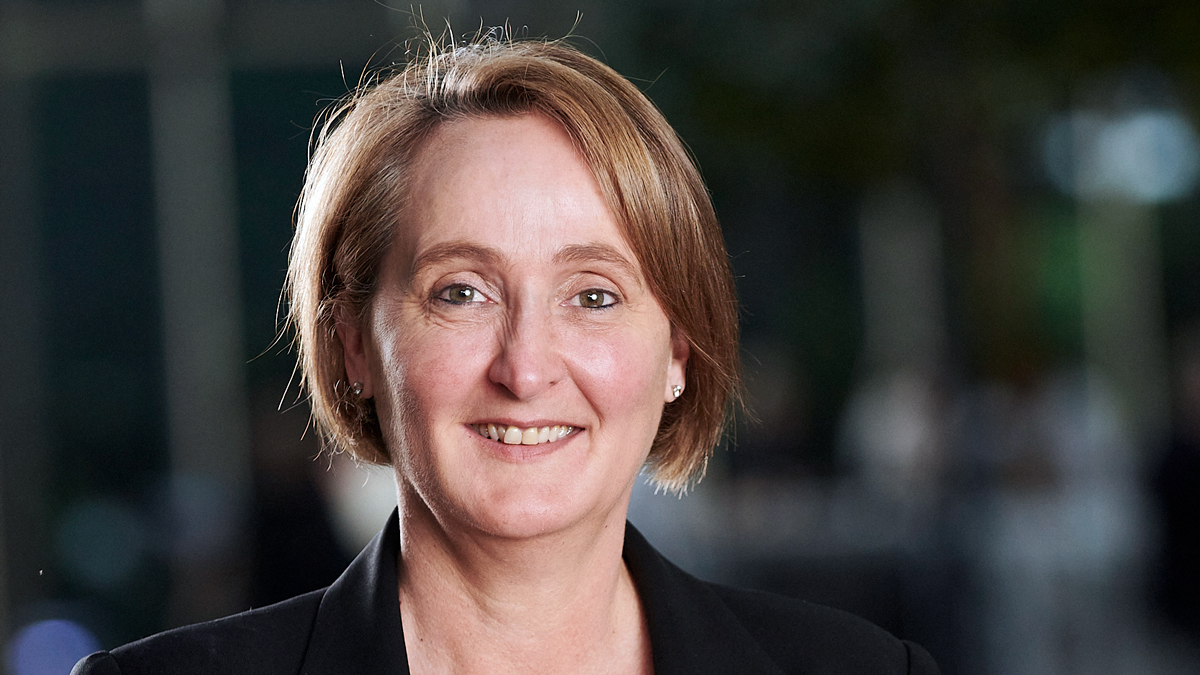
2PAXfly Takeout
Can’t wait to read the Airports Association’s submission which was due this week. I’ll expect it to be equally self-serving.
If you have a spare few days in this, the leed up to Christmas, I have some light reading for you. You can find all the submissions so far to the White Paper on Aviation here.
That should keep us all occupied into the new year!

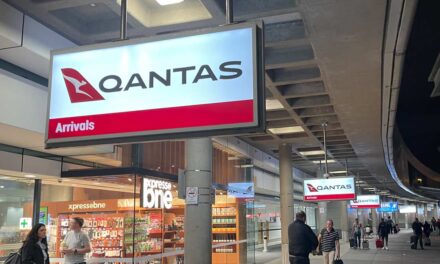
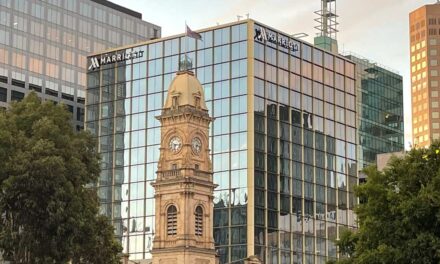
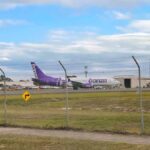
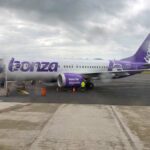
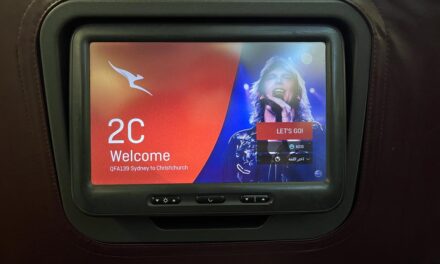
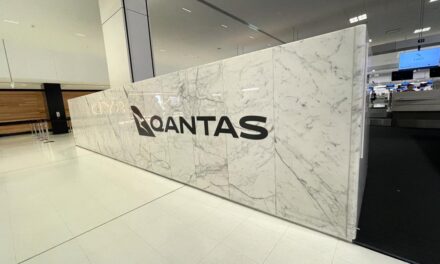

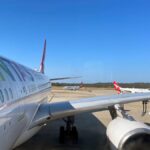

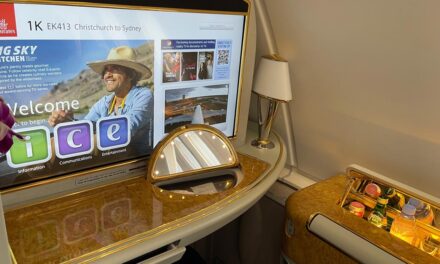
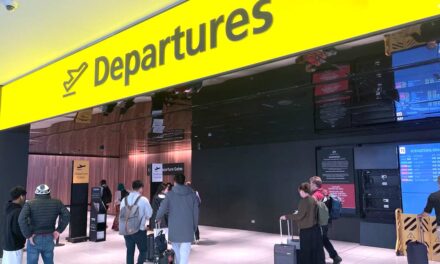

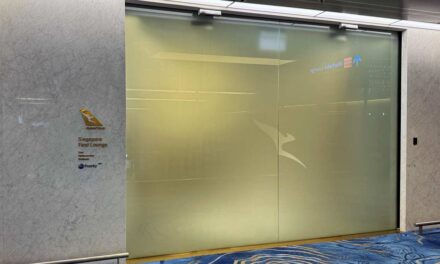




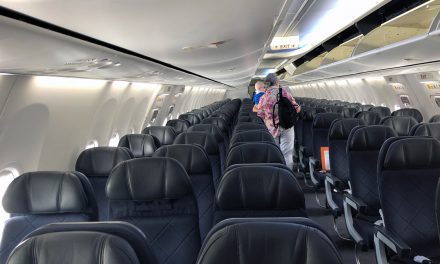

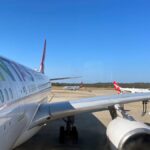


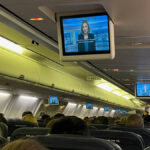


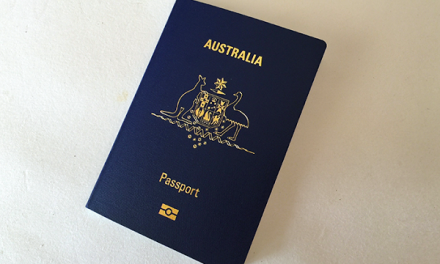

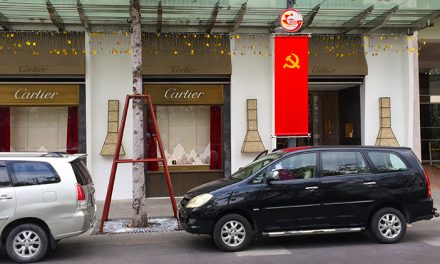






What did you say?